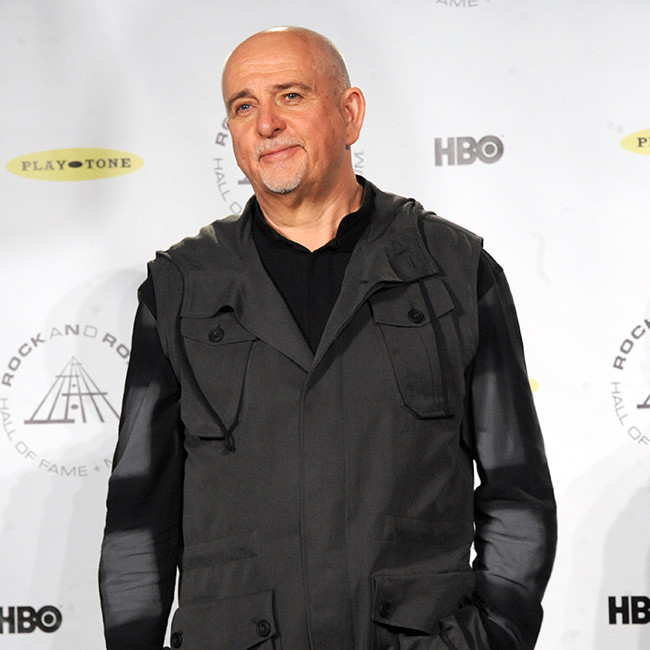Peter Gabriel believes AI machines will be able to do most jobs in the next decade and says musicians should start embracing it.
The 73-year-old musician – who is the original lead singer of prog rock group Genesis – insists humankind has to accept at AI is going to take over the planet eventually and artists should star working with the “powerful new tool” instead of being against it.
Asked in the new issue of Uncut magazine if he had heard Nick Cave brand a song created by the ChatG PT software in the style of the singer a “grotesque mockery of what it is to be human”, he replied: “I think that’s a bit like King Canute on the beach, unfortunately. It’s coming. We’re only just building it, we have no idea what it’s going to achieve. I can’t think of anyone whose job couldn’t be done better by Al in 10 year’s time, maybe five. For instance, when I drive down to the studio in my Tesla, the Tesla is doing a lot of the driving for me – but I’m still keeping my hands on the wheel. The same thing is going to happen more in any process, including creativity. With some of the AI, half the artists want to play with it and half want to shut it down. But I think you do better if you work with a powerful new tool, than just grumble or pretend it doesn’t exist.”
Peter – who has set himself the task of releasing new music on each full moon, culminating in the LP ‘i/o’, his first album in more than two decades, later this year – believes that the poorest areas of the world will benefit from “high-tech education and healthcare”.
Asked where he gets his interest in tech and science, he said: “My dad was an inventor, so I grew up believing we can create tools that will change our lives. We take it for granted that things like Google and Wikipedia are there, but how much has that changed all of our lives? Or the mobile phone, which was a by-product of the space race.
“If we can get high-tech education and healthcare into the very poorest homes in the world, then we’ll have done a very fine thing.”
